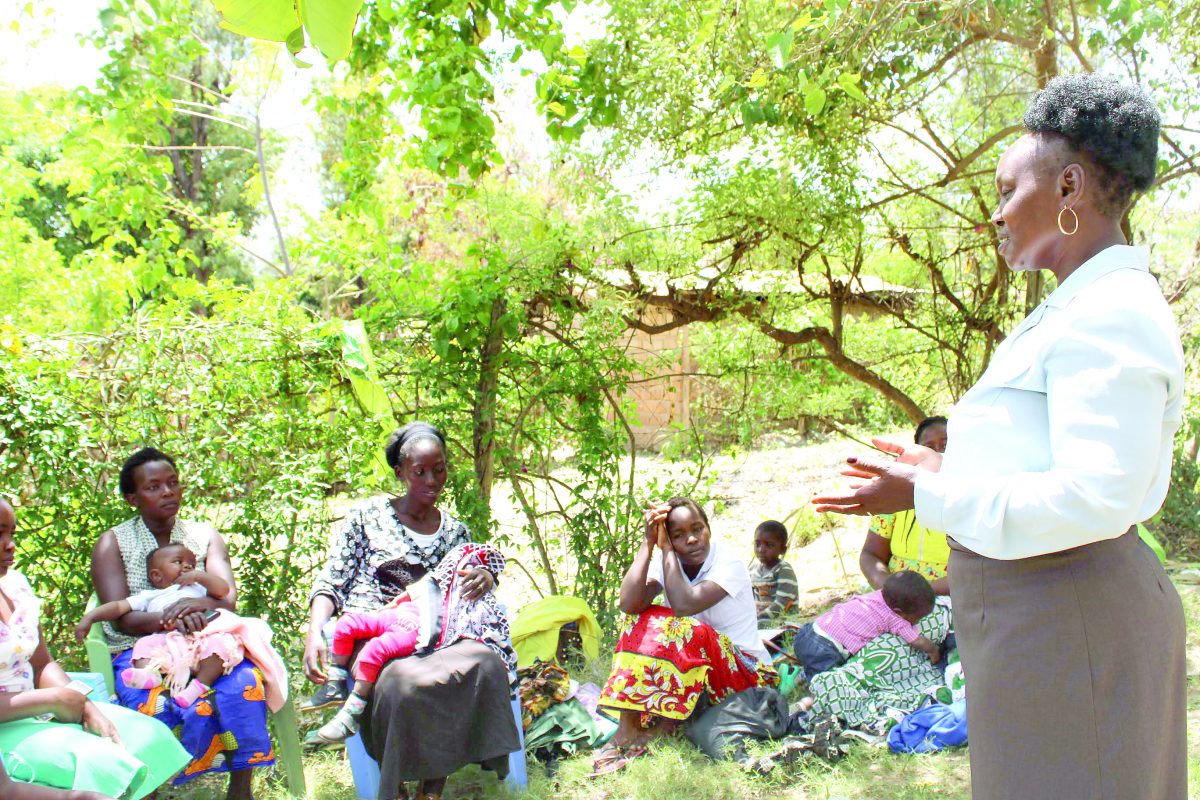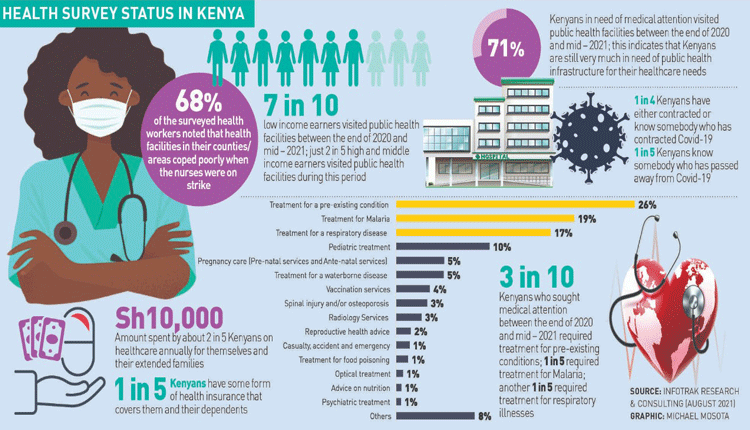To work or breastfeed? Mothers in limbo

Sophy Saronge feels guilty.
The 25-year-old returned to her job three months after giving birth and as a result, was unable to breastfeed her baby girl for the recommended six months.
The trained nutritionist says she had no choice because her family needed the money.
“I had to go back to work for our survival,” she explains.
But she is surrounded by advice that she made the wrong choice for her daughter.
Medical practitioners recommend that babies should be fed only breast milk for the first six months. Also, the government has made it mandatory for formula milk manufacturers to mention both in advertising campaigns and on products that breast milk is recommended.
The World Health Organisation (WHO) says that giving a baby only breast milk for six months “offers a powerful line of defence against all forms of child malnutrition”. It says it also acts as a baby’s “first vaccine, protecting them against many common childhood illnesses”.
Overall, Kenya has high breast feeding rates, with nearly all babies breast fed in the immediate period after birth. But only just over 60 per cent of babies are exclusively breastfed for a full six months, according to data published by the International Breastfeeding Journal.
“I had to give my daughter cow’s milk despite being a nutritionist and knowing well that her system could not easily digest it,” Saronge says.
Infant formula — usually made from cow’s milk that has been treated to make it more suitable for babies — was unaffordable for her, with the price having risen since the government reintroduced a sales tax of 16 percent on the product in 2021.
Time off but no pay
To make matters worse, Saronge says the three months she did take off after giving birth were unpaid because, like many other Kenyans, she did not have a proper employment contract that would have legally entitled her to receive maternity pay.
With her husband earning a good income, Caroline Wairimu quit her marketing job when she gave birth to twins.
“The best way to encourage mothers to exclusively breast feed for six months is to give them six months paid maternity. Most give up after three months because balancing work and motherhood is hard,” she says. Currently, new mothers, who have an employment contract, are entitled to three months paid maternity leave.
Women’s rights activist Ruth Mumbi says the government is not concerned about women’s issues and has therefore not shown an interest in giving longer maternity leave.
Menial jobs
The labour ministry did not respond to BBC’s request for comment.
But the health ministry says significant progress has been made by giving mothers three months fully paid maternity leave. The government though is not at the moment considering extending the period through further amendments to labour legislation.
Some analysts believe the authorities are facing strong resistance from employers – President Uhuru Kenyatta failed to sign into law a bill passed in parliament in 2016, making it mandatory for companies to provide breast feeding rooms. The bill was reintroduced in 2019, but has still not been approved by parliament.
But the director of nutrition at the Health ministry, Veronica Kirogo, says the government is committed to the proposed legislation, with many government departments and 50 private sector companies having already set up breast feeding rooms. This allows mothers to either have someone bring their baby for breast feeding or expressing breast milk and storing it in a refrigerator.
Evelyne Mueni, a single mother who relies on menial jobs for her income, says she had to resume work after just a month.
“I had to leave my daughter with the neighbour who gave her cow’s milk and porridge while I hand-washed clothes and cleaned people’s houses so as to afford my food and rent,” she says.
Kirogo says mothers working in the informal sector are encouraged to continue expressing breast milk by hand and letting it sit in cold water for up to eight hours so that it does not go to waste.
But Mueni says it was easier for her to buy cow’s milk as she was unable to express enough milk to satisfy her baby.
Neonatal specialist Dr Moses Lango says “early weaning is not recommended from a public health perspective because breast milk is sufficient for babies for the first six months”.
“From a medical perspective, doctors allow early weaning for various reasons but only from about the age of four-and-a-half months, when the baby shows signs of wanting to feed by opening their mouth when offered food and is able to swallow,” he adds. There is a continent-wide push to encourage mothers to choose breast feeding.
The WHO has been calling for aggressive advertising of infant formula to stop after a recent report published found that manufacturers were purchasing the data about new parents from apps and using the information to target them.
Like Kenya, Liberia’s parliament has passed a law that regulates the advertising and labelling of breast milk substitutes to encourage breast feeding.
Namibia recently increased monthly state benefits paid to women during maternity leave to a minimum of $20 (£16) and a maximum of $1,000 as an incentive for mothers to stay at home and breast feed for longer periods.
-BBC














